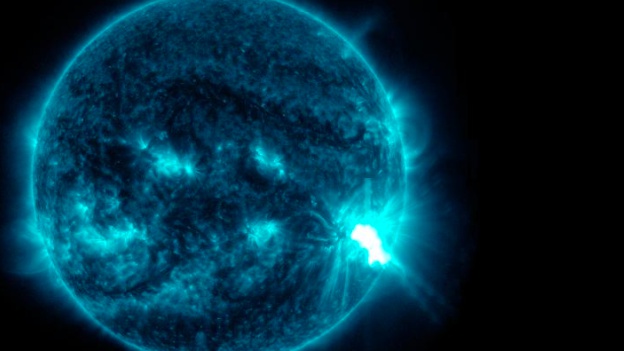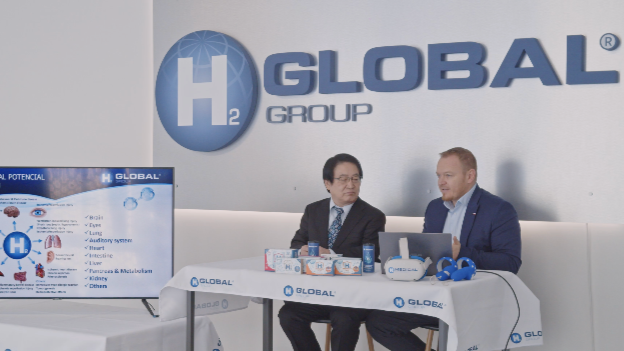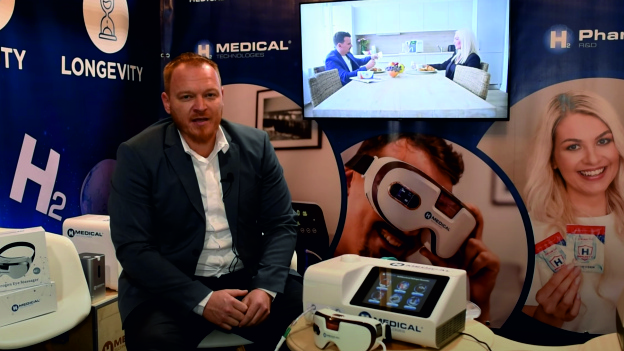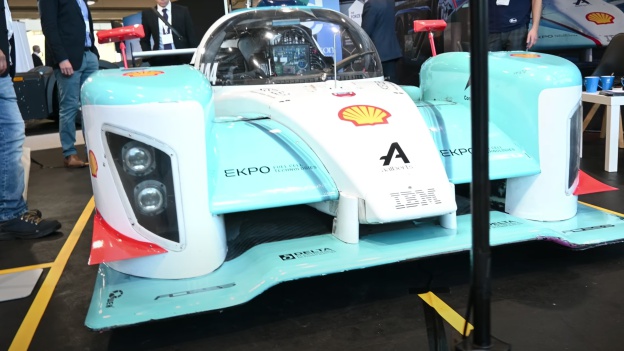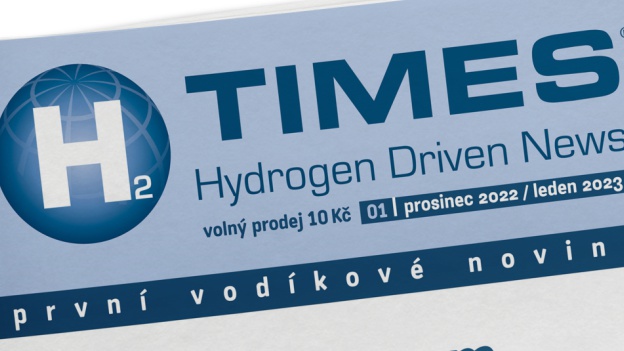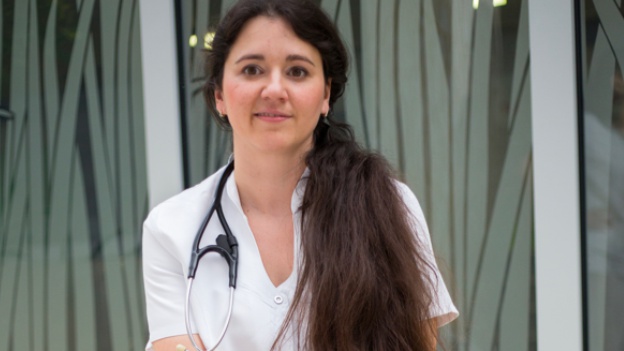Alzheimer's disease (AD) is a progressive neurodegenerative disease affecting mainly the elderly. However, the effectiveness of conventional pharmacological treatments is limited and often associated with significant side effects. Scientists from several Chinese universities and other research institutions have investigated the possible involvement of hydrogen therapy in the treatment of Alzeimer's disease.
The main reason they undertook the research is that hydrogen therapy has the potential to alleviate oxidative stress, which has been identified as a major contributor to the onset and manifestations of Alzheimer's disease.
The global demographic shift towards an ageing population has multiplied the health problems faced by the elderly, with neurodegenerative diseases, particularly Alzheimer's disease, becoming a primary concern. Approximately 55 million people worldwide currently suffer from AD, and this number is rising alarmingly.
Very common side effects of conventional drugs
Conventional pharmacological treatments cause adverse effects in a significant proportion of patients, with almost a third of patients not tolerating the treatment. This has prompted research into non-pharmacological alternatives aimed at slowing the progression of the disease and preserving cognitive function. Oxidative stress, characterised by an imbalance between the production of free radicals and the body's ability to counteract their damaging effects, has been identified as a key cause of the onset and development of AD.
Oxidative stress is involved in the amplification of so-called tau hyperphosphorylation in neurons and can lead to neuronal death in the central nervous system.
Hydrogen as an attractive candidate for treatment
Hydrogen has emerged as a promising therapeutic agent in the treatment of various diseases, including neurodegenerative diseases. Its antioxidant properties and ability to modulate various pathological processes make it an attractive candidate for the treatment of Alzeimer's disease.
Hydrogen can be administered in a variety of ways, including inhalation, drinking hydrogen-rich water, or intravenous injection of a hydrogen solution. These methods have various advantages and can be effective in different clinical situations.
The potential of hydrogen therapy in the treatment of AD is undeniable, but there are still challenges, such as the need to improve hydrogen delivery methods and to determine the long-term effects of this therapy. Future research should aim to identify more effective methods of hydrogen administration and investigate its long-term effects on AD patients.
Japanese study with hydrogen water
A study with H2 drinking water, which became the basis for another study with inhalation. Study completed in 2011 and published in 2018. First it was necessary to get relevant results from an animal study - here mice. Given the good results, the Japanese authorities approved an accelerated transition to a human model (skipping studies on pigs, etc.). This success was reported on local public television, which contributed to the media coverage of the issue.
The clinical trial then ran for 1 year, involving 73 patients (divided into a placebo control group and a group drinking H2 water). Participants with mild impairment were divided into two groups - a control group with H2-free water and a group receiving H2-enriched water. The study was conducted according to the highest scientific standards - i.e., neither patients nor doctors knew who was taking placebo and who was taking H2 water, and patients were randomly assigned to the placebo/H2 groups. The administration was 500 ml/day (due to limitations of cooperation - people don't do exactly what they are told, this actually worked out to an average of 300 ml/day). The study ran for 1 year.
The study was originally planned for 2 years, but due to the tsunami disaster, it was stopped after the first year. A demonstrable effect of drinking hydrogen water - i.e., alleviation of disease symptoms - was seen in patients who had a specific genetic mutation (APOE 4) that increases the likelihood of developing early Alzheimer's disease.
Increased oxidative stress = increased levels of the aforementioned reactive oxygen species, ROS, is thought to be one of the risk factors for Alzheimer's disease. Again, it is the antioxidant properties of hydrogen that help improve the condition of patients with mild disability (and APOE4 gene mutations).
Experience the extraordinary effects of molecular hydrogen
The Ostrava-based H2 Global Group, which includes H2 Medical Technologies, a manufacturer of hydrogen generators with patented technologies, has teamed up with Prof. Shigeo Ohta, who was involved in the research, to jointly patent the hydrogen therapy for Alzeimer's disease. If you, too, want to experience the groundbreaking effects of molecular hydrogen on your body, choose one of the products exclusively available at H2world.store. There you will also find H2 PREMIUM Hydrogen Water - the first Czech bottled hydrogen water with an exceptionally high dose of molecular hydrogen or molecular hydrogen generators for home and professional use.
Source - The role of hydrogen therapy in Alzheimer's disease management: insights into mechanisms, administration routes, and future challenges/ www.sciencedirect.com
photo - source - USC University of Southern California


















